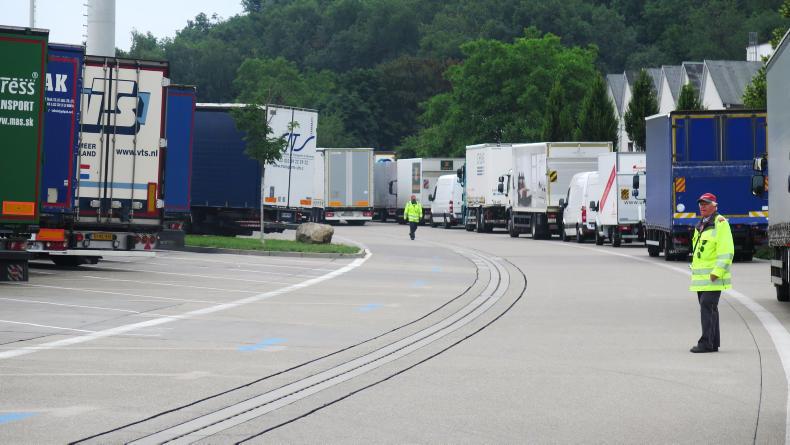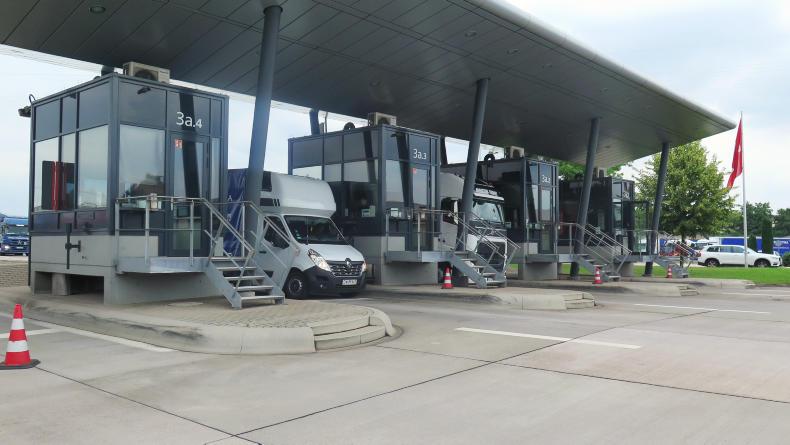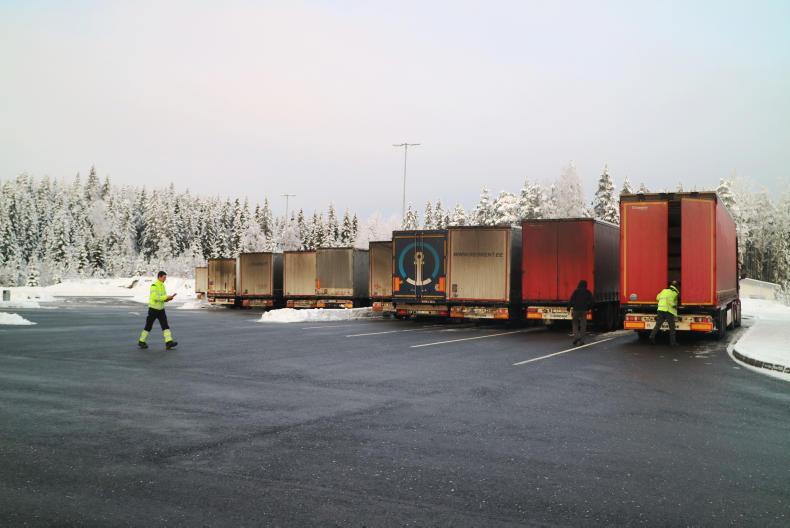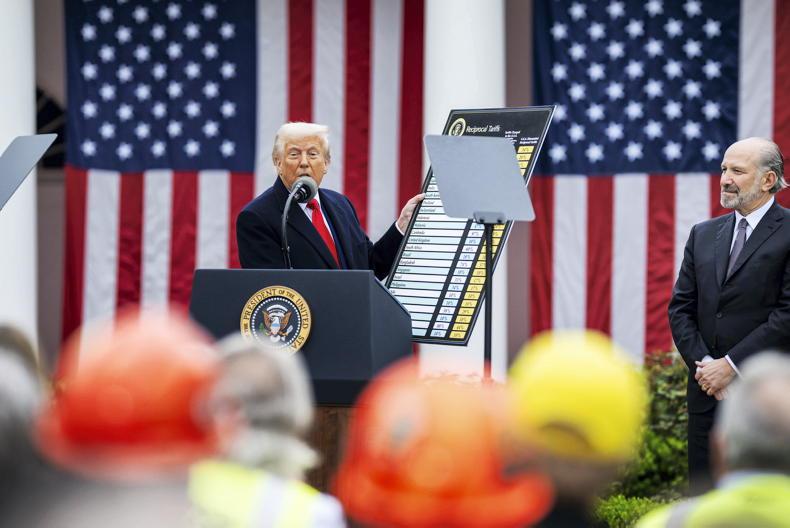As the Brexit deadline is pushed back to 12 April but there is still no clear sign that the UK has a path to a Brexit deal with the EU, enforcement of the EU border with the UK on the island of Ireland is coming into focus.
Farmers and cross border trade
For the substantial number of farmers in both jurisdictions on the island of Ireland, this will be a very real issue that they haven’t had to deal with since before Ireland and the UK joined the EU in 1973.
Even then there were no tariff issues at several times during the early period of membership, there were monetary compensatory allowances (MCAs) which were a mechanism pre-euro to standardise the value of agricultural produce traded between members and negating currency volatility.
Tariff and standards border
If there is a no-deal Brexit, the reality is that there will be a tariff border and a product standards border, at least for product coming from north to south.
The only debate will be on how to enforce it.
For the many farmers who trade sheep, milk and still some cattle across the border from the north, it will be an effective end to that business.
The administrative process will be recalled by farmers and hauliers who traded across the border before the single market which commenced in January 1993.
However, that was the only burden, there was not the tariff burden that will be in place if the UK and EU are outside of a customs union and the tariffs would make the trade commercially unviable.

Border crossing for commercial vehicles at the Swiss-German border.
Border could be one way
What is an issue for farmers in the north is that the UK tariff schedule published last week indicated that they will have no barrier on produce coming from the Republic of Ireland to Northern Ireland.
That should mean that the pigs or cattle going north can continue to do so, as can the 50,000 or so cattle carcases that are bought in the south by northern cutting plants for deboning and onward sale from their premises in Northern Ireland.
This is a substantial business for companies like Doherty and Gray in Ballymena Co Antrim as well as C&J Meats and Hewitt’s in Co Armagh.
Unavoidable
In terms of trade, politically the most controversial issue with implementing a border is the physical infrastructure at the border itself.
However, modern technology means that there is considerable potential to have the checks and administration carried out at the point of departure and the point of delivery which become effectively mini border points.
The reality though is that nowhere in the world outside the single market area of the EU is there an absence of physical border inspections between sovereign nations.
Even the Norway and Swiss borders with the EU have physical infrastructure and significant inspection of commercial vehicles.
If there is no deal, it is impossible to see how the EU border with the UK on the island of Ireland can be any different.

Border crossing for commercial vehicles at Swiss-German border.
As the Brexit deadline is pushed back to 12 April but there is still no clear sign that the UK has a path to a Brexit deal with the EU, enforcement of the EU border with the UK on the island of Ireland is coming into focus.
Farmers and cross border trade
For the substantial number of farmers in both jurisdictions on the island of Ireland, this will be a very real issue that they haven’t had to deal with since before Ireland and the UK joined the EU in 1973.
Even then there were no tariff issues at several times during the early period of membership, there were monetary compensatory allowances (MCAs) which were a mechanism pre-euro to standardise the value of agricultural produce traded between members and negating currency volatility.
Tariff and standards border
If there is a no-deal Brexit, the reality is that there will be a tariff border and a product standards border, at least for product coming from north to south.
The only debate will be on how to enforce it.
For the many farmers who trade sheep, milk and still some cattle across the border from the north, it will be an effective end to that business.
The administrative process will be recalled by farmers and hauliers who traded across the border before the single market which commenced in January 1993.
However, that was the only burden, there was not the tariff burden that will be in place if the UK and EU are outside of a customs union and the tariffs would make the trade commercially unviable.

Border crossing for commercial vehicles at the Swiss-German border.
Border could be one way
What is an issue for farmers in the north is that the UK tariff schedule published last week indicated that they will have no barrier on produce coming from the Republic of Ireland to Northern Ireland.
That should mean that the pigs or cattle going north can continue to do so, as can the 50,000 or so cattle carcases that are bought in the south by northern cutting plants for deboning and onward sale from their premises in Northern Ireland.
This is a substantial business for companies like Doherty and Gray in Ballymena Co Antrim as well as C&J Meats and Hewitt’s in Co Armagh.
Unavoidable
In terms of trade, politically the most controversial issue with implementing a border is the physical infrastructure at the border itself.
However, modern technology means that there is considerable potential to have the checks and administration carried out at the point of departure and the point of delivery which become effectively mini border points.
The reality though is that nowhere in the world outside the single market area of the EU is there an absence of physical border inspections between sovereign nations.
Even the Norway and Swiss borders with the EU have physical infrastructure and significant inspection of commercial vehicles.
If there is no deal, it is impossible to see how the EU border with the UK on the island of Ireland can be any different.

Border crossing for commercial vehicles at Swiss-German border.











SHARING OPTIONS